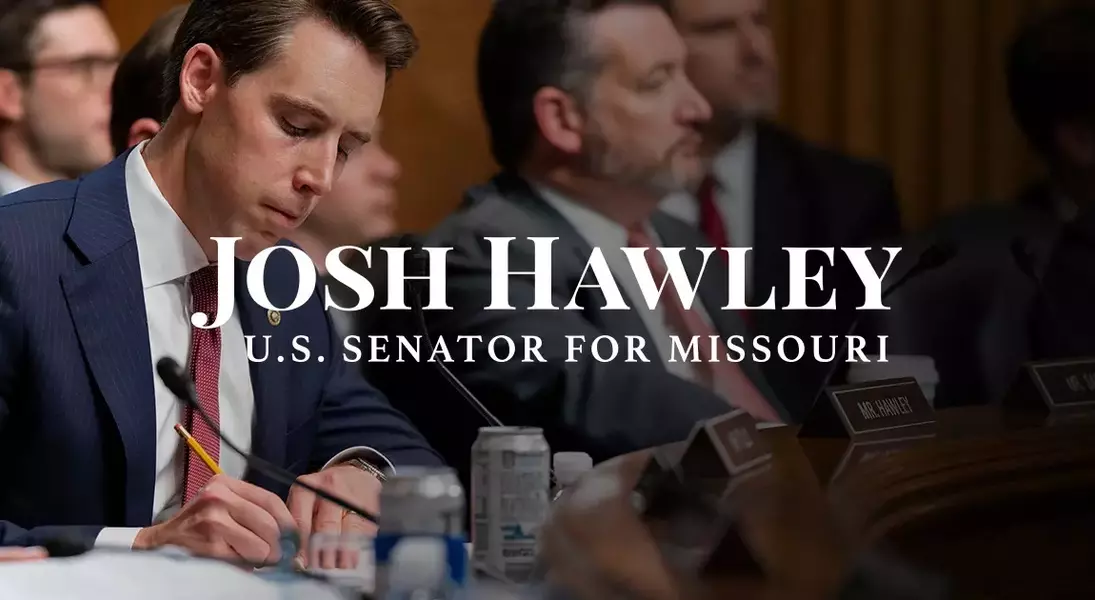
In a significant move to safeguard the religious and moral beliefs of healthcare professionals, Senator Josh Hawley introduced the Defense of Conscience in Healthcare Act on January 9, 2025. This legislation aims to restore protections that were previously established during President Trump's administration. The bill seeks to ensure that healthcare providers are not compelled to perform procedures that conflict with their personal convictions, addressing concerns that have arisen over the past few years.
A Comprehensive Look at the Defense of Conscience in Healthcare Act
On a crisp winter day in early January, Senator Josh Hawley (R-Mo.) took a decisive step by introducing a bill designed to protect the conscience rights of healthcare workers. The legislation, titled the Defense of Conscience in Healthcare Act, proposes to reinstate guidelines that were initially put in place by the Department of Health and Human Services (HHS) under the Trump Administration in 2019. These guidelines ensured that doctors, nurses, and other allied health professionals could practice medicine without fear of retribution for adhering to their moral or religious principles.
The Biden Administration had previously rescinded these protections in 2024, leading to uncertainty among healthcare providers who faced potential conflicts between their professional duties and personal beliefs. The new bill would direct HHS to swiftly develop rules and regulations mirroring those from 2019, providing much-needed legal clarity and guidance. This initiative aims to reinforce federal laws that protect the conscience rights of healthcare providers, ensuring they can uphold their faith while performing their duties.
Senator Hawley emphasized the importance of this legislation, stating that the right to religious freedom should not be compromised simply because someone works in the medical field. He expressed concern about the challenges faced by people of faith in recent years and highlighted the need to reverse policies that force individuals to choose between their profession and their deeply held beliefs.
From a journalist's perspective, this legislative effort underscores the ongoing debate between individual rights and professional responsibilities in the healthcare sector. It raises important questions about how society balances ethical considerations with the demands of modern medical practice. While some may view this as a necessary protection of personal freedoms, others might argue that it could impact patient care. Ultimately, this bill serves as a reminder of the complex interplay between law, ethics, and personal conviction in the healthcare industry.
